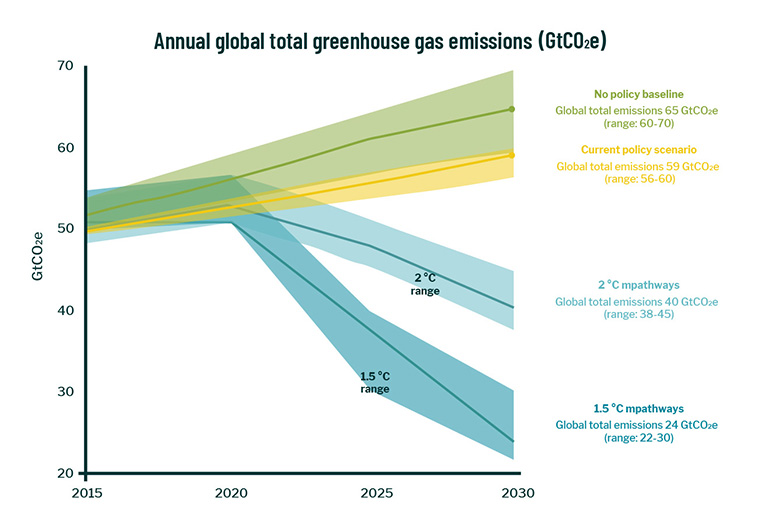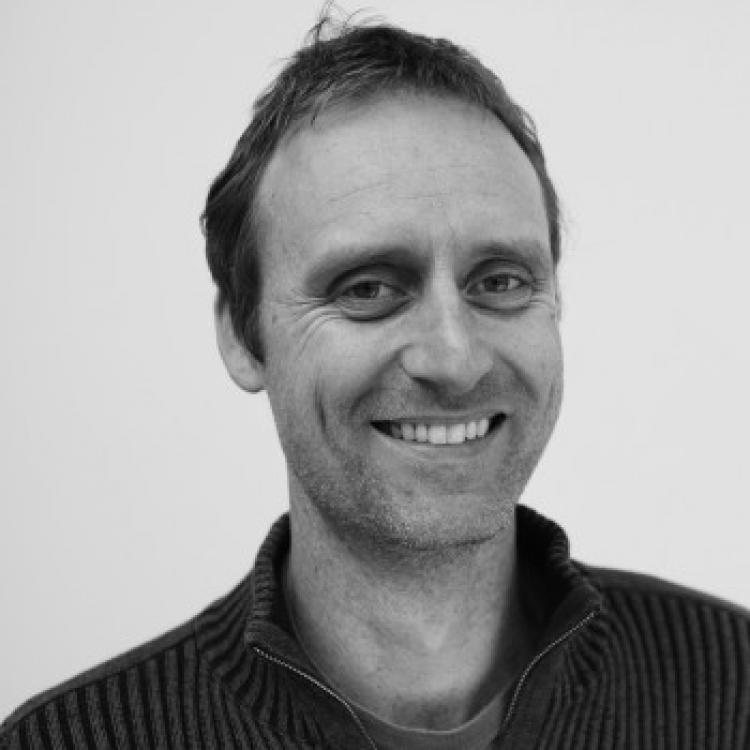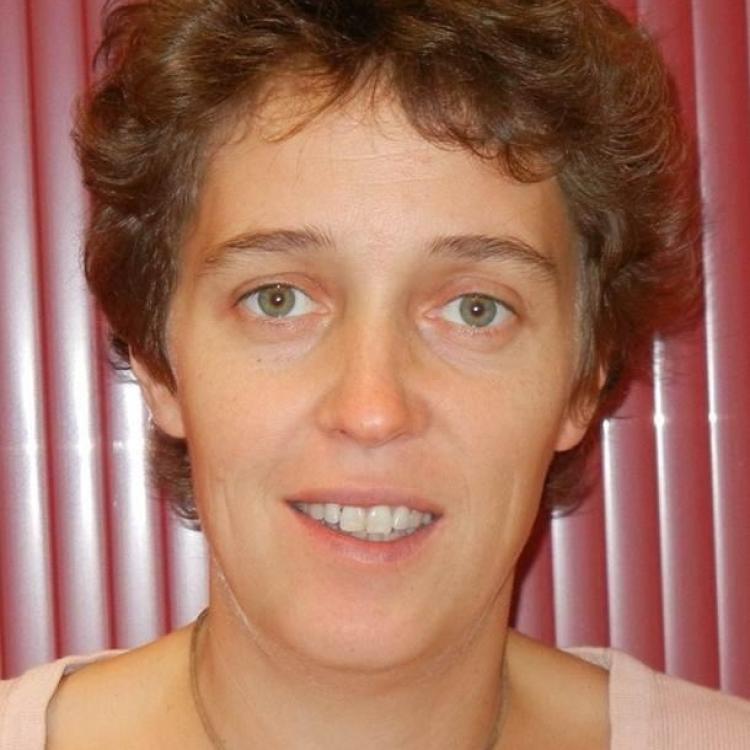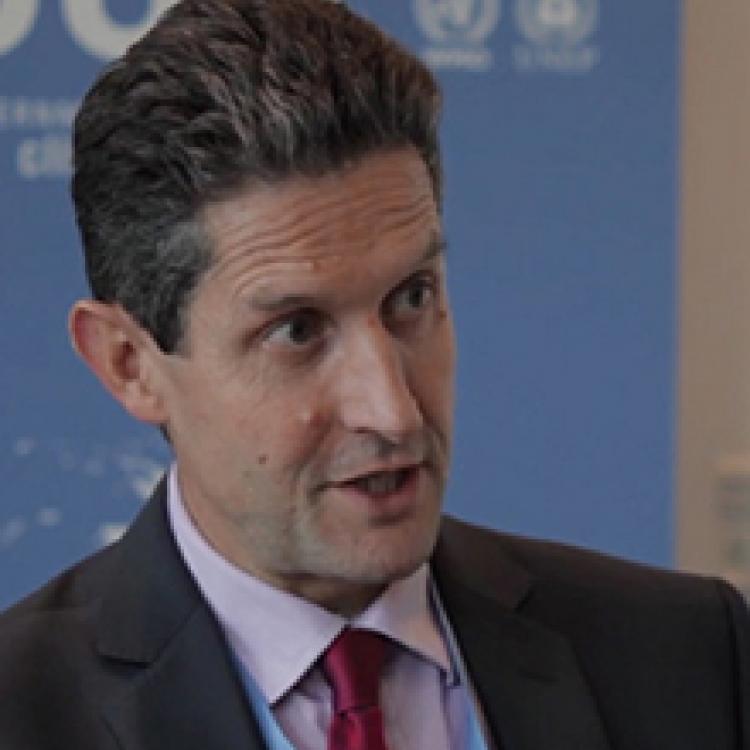4C aims to build the capability to perform decadal predictions of climate and the carbon cycle where CO2 emissions (instead of concentrations) are being prescribed. This will be achieved along with an improved understanding of decadal variability of the climate-carbon cycle system, accounting for forced response and natural variability. Three European ESMs are used to develop and continually improve initialization techniques via validation against new observational products. The best-performing initialization technique will be used to perform future near-term predictions assuming anthropogenic emissions follow the UNFCCC NDCs ambitions and, as a baseline scenario, the RCP4.5. This will allow anticipating and explaining the near-term evolution (up to 2030) of atmospheric CO2 increase and climate response, in time for the first global stocktake in 2023.
The mechanisms driving decadal predictability of the global carbon cycle will be explored by performing idealized process-oriented predictions. Reconstruction of the recent past (1958-present) will provide initial conditions for the retrospective predictions, which will be used to assess the predictability of the 3 ESMs over the last 40 years (1981-present). Finally, 4C will provide unique emission-driven predictions of the near-future (2020-2030) evolution of atmospheric CO2, carbon cycle and climate when emissions follow either the UNFCCC NDCs or a baseline scenario, also including annually-repeated predictions of the next year’s atmospheric CO2 and carbon sinks.
By the end of the project, we have the ambition to provide robust annual to decadal predictions of atmospheric CO2, land and ocean carbon sinks and climate response, in order to inform on the possible outcome of the implementation of the UNFCCC compliant anthropogenic emissions (NDCs) in time for the 2023 global stocktake.

Annual global total greenhouse gas emissions (GtCO2e). Adapted from: UNEP (2018). The Emissions Gap Report 2018. United Nations Environment Programme, Nairobi.








